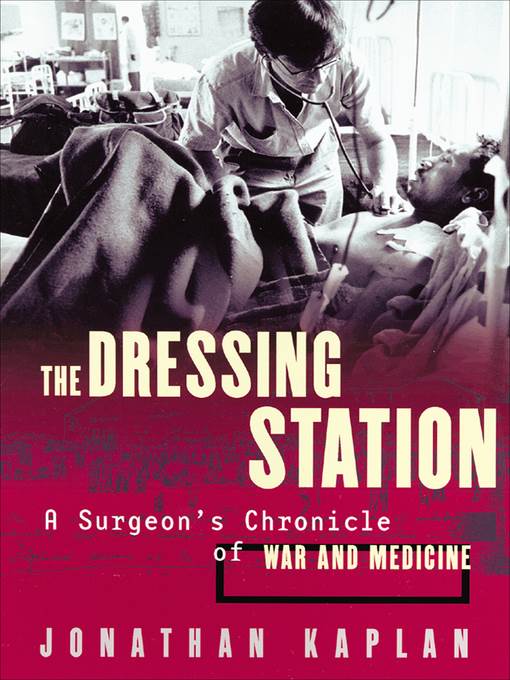
The Dressing Station
A Surgeon's Chronicle of War and Medicine
رده: تاریخ جنگ و پزشکی سورگانونز
کتاب های مرتبط
- اطلاعات
- نقد و بررسی
- دیدگاه کاربران
نقد و بررسی

Starred review from November 12, 2001
Surgeon-cum-journalist and documentary filmmaker Kaplan travels to the edges of the world and back in this confident, gripping debut, a field doctor's tale of life and death on the front lines. Journeying to the Middle East with an offshoot of Médecins sans Frontières (and in the process having much of his medical equipment mistakenly tossed from the back of a Marine helicopter into the mountains in northern Iraq), the South African native confronts the atrocities of the ongoing Turkish-Iraqi Kurdish conflict. Operating on floors, administering medicines by penlight, he saves a handful of refugees and loses many more, casualties "largely the victims of preventable suffering, inflicted by the policies and actions of their fellow humans." As a cruise ship doctor in the South China Sea, Kaplan treats crazed alcoholics and sets bones broken in brawls; later, he becomes a "flying doctor," traveling wherever in the world his surgical expertise is urgently needed. Eventually, he researches occupational contamination in South Africa and Brazil. From Namibia to Mozambique, Burma to Eritrea, Kaplan is an eloquent, observant narrator. And at the heart of these beautifully written adventures, a rich human drama unfolds as Kaplan makes superhuman efforts to uphold the Hippocratic oath: "I might have hoped that it would be possible to take a holiday from war—even to have lost interest in it entirely—but war, as Lenin had warned, remained interested in me." (Feb.)Forecast:Brave tales of traveling doctors might resonate more these day, as readers consider those who care for Americans and Afghanis in the world's newest war. But Kaplan presents himself not as a hero but as a historian of contemporary strife—here there are none of the syrupy, self-congratulatory reflections that can plague the memoir and the adventure book both.

























دیدگاه کاربران